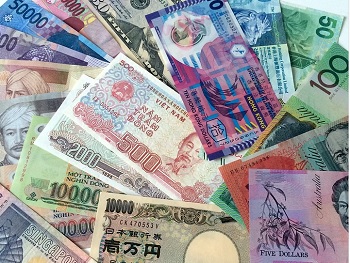The international money market is a market where international currency transactions between numerous central banks of countries are carried on. The transactions are mainly carried out using gold or in US dollar as a base. The basic operations of the international money market include the money borrowed or lent by the governments or the large financial institutions.

The international money market is governed by the transnational monetary transaction policies of various nations’ currencies. The international money market’s major responsibility is to handle the currency trading between the countries. This process of trading a country’s currency with another one is also known as forex trading.
Unlike share markets, the international money market sees very large funds transfer. The players of the market are not individuals; they are very big financial institutions. The international money market investments are less risky and consequently, the returns obtained from the investments are less too. The best and most popular investment method in the international money market is via money market mutual funds or treasury bills.
Note − The international money market handles huge sums of international currency trading on a daily basis. The Bank for International Settlements has revealed that the daily turnover of a traditional exchange market is about $1880 billion.
Some of the major international money market participants are −
● Citigroup
● Deutsche Bank
● HSBC
● Barclays Capital
● UBS AG
● Royal Bank of Scotland
● Bank of America
● Goldman Sachs
● Merrill Lynch
● JP Morgan Chase
The international money market keeps track of the exchange rates between currency- pairs on a regular basis. Currency bands, fixed exchange rate, exchange rate regime, linked exchange rates, and floating exchange rates are the common indices that govern the international money market in a subtle manner.


